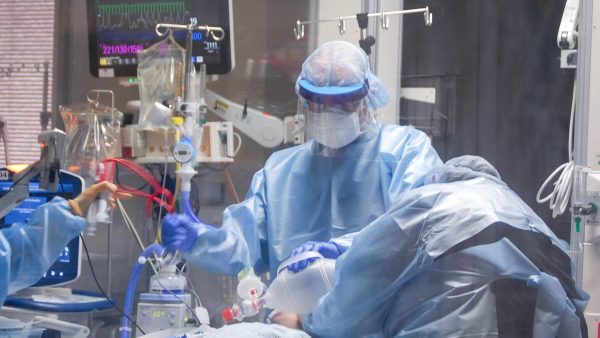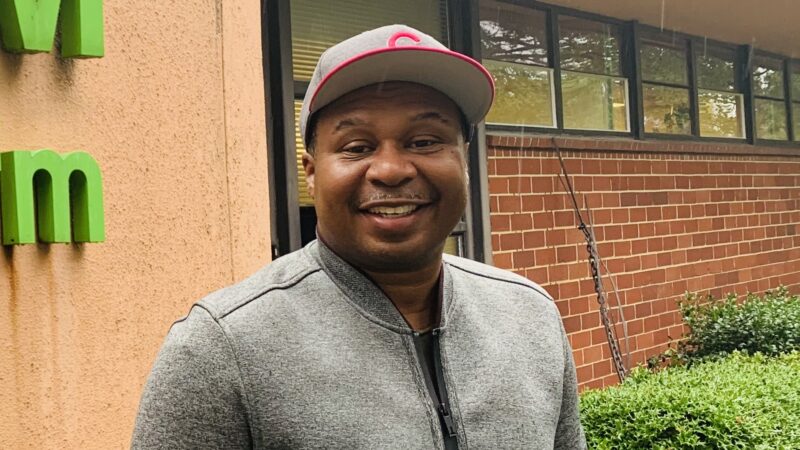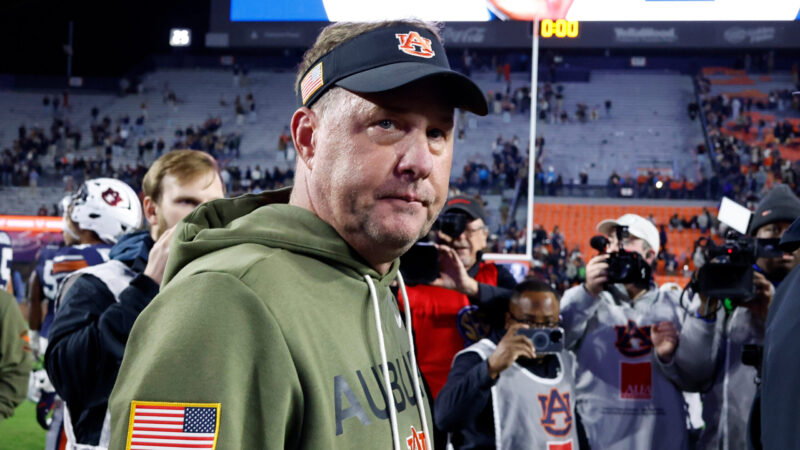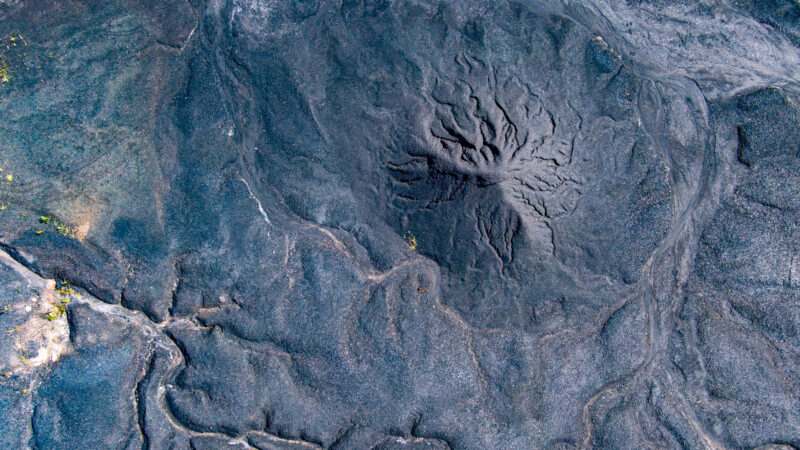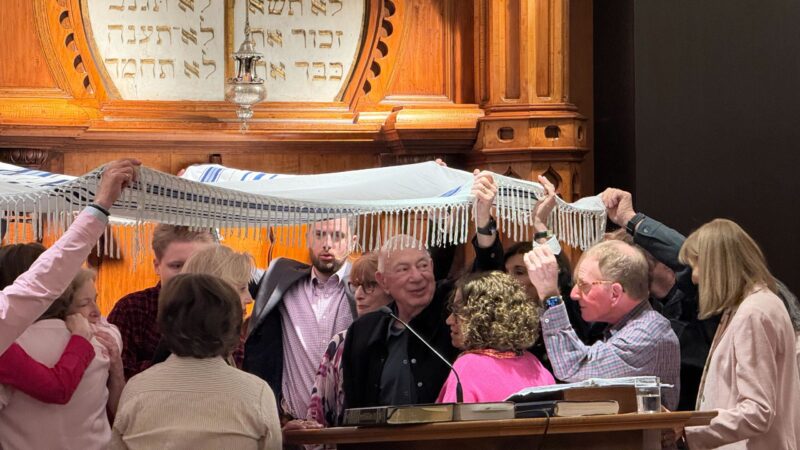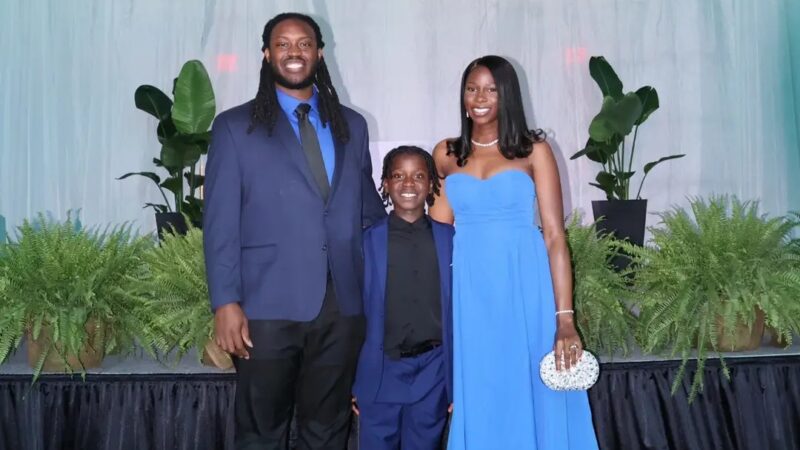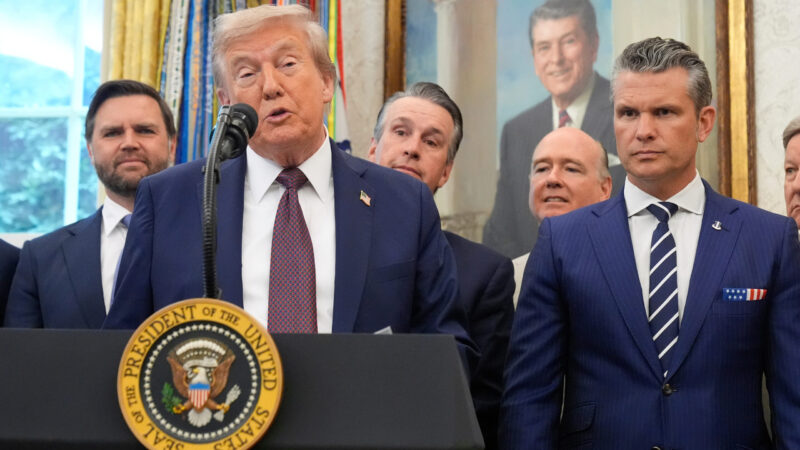Five years out, an ER doc reflects on how he and his colleagues faced down COVID-19
It’s been five years since the first case of COVID-19 was reported in Alabama. The pandemic that followed had profound implications on medicine, society, and our lives, more generally.
Dr. David Bernard was, at the height of the outbreak, an attending physician at the Children’s of Alabama emergency department. We asked him to reflect on his experiences, as he fought to keep his colleagues, patients and family, as well as himself, safe from the disease.
The following conversation has been edited for clarity.
David, you and I know each other socially. I’ve heard you talk about what you saw during the pandemic, working in the children’s ER. Describe the environment in the emergency room.
Fear is the operative word. We were all terrified of what could happen to our patients. And we all started to become scared, when we began to read about the experience of healthcare providers in the countries where it began initially.
This was before you had a vaccination. This is when people, when medical practitioners, were indeed still getting very sick and even dying.
That is correct. There were no treatments. There was no real science identified on how to keep healthcare providers safe during the management of this illness. You know, it was our job, and we all showed up for our job. And Richard that did remind me to talk about the other indelible memory that talked about the environment and that is we were eligible as frontline health care providers day one, when the vaccination became available. It was four or five of us. We got our vaccine. And then we all walked somewhere and cried together, because that was really the first time we started to feel that maybe we wouldn’t die or get seriously ill from this virus, that really maybe there was hope.
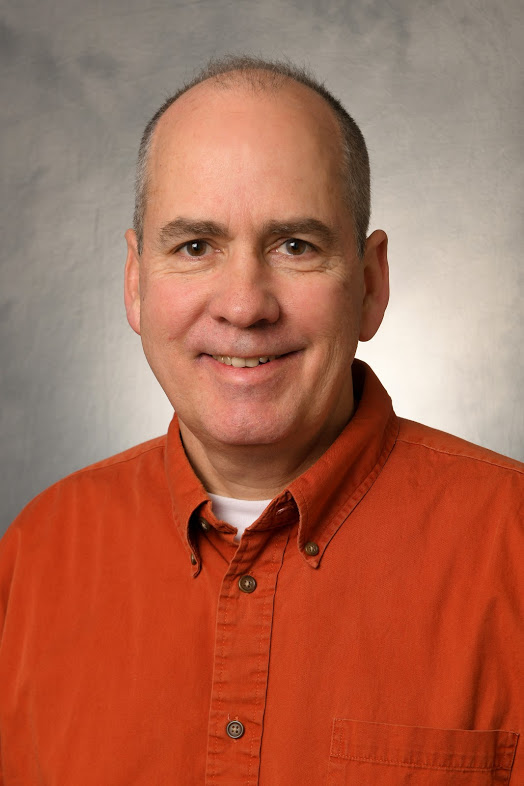
And you’ve also got a family, as do many of your colleagues. You went from the hospital, back home. What was that like?
You know, we all developed the things we did to limit our fear. So, some of our colleagues chose to sleep in different bedrooms from their spouses. Some chose to use different bathrooms, and some even chose to live in different locations from their spouses, because of that fear that we would create harm for others. And we all adapted.
To those who do not believe in the severity of Covid or in the abilities of science, what can you offer?
Oh, that’s such a hard question, Richard. No one responds to feeling judged, regarding their decisions, regarding their beliefs and such. And so what I try to offer is what I know from a scientific perspective, what I’ve experienced. You know, the risk of serious harm to someone who has received immunization, or guided timely health care, is much, much, much less than if you had not received it.
How are you now?
I’m okay now. I am partially retired. I’ve spent a lot of time thinking about the past few years and the experience that collectively and individually we had. And I’m extraordinarily happy and proud of the care that myself, my colleagues, both locally [and] across the country, delivered in this extraordinary healthcare crisis. But every single one of us in the society and the world suffered greatly through this pandemic. Everyone’s life was negatively affected. And so I think remembering that, honoring that, realizing that we were all changed through this, is critical for us as a society, country, and world.
Children’s of Alabama is a program sponsor on WBHM, but our news and business departments operate independently.
Roy Wood Jr. on his father, his son and his new book
Actor, comedian and writer Roy Wood Jr. is out with a new book -- "The Man of Many Fathers: Life Lessons Disguised as a Memoir." He writes about his experience growing up in Birmingham, losing his dad as a teenager and all the lessons he learned from various father figures throughout his career.
Auburn fires coach Hugh Freeze following 12th loss in his last 15 SEC games
The 56-year-old Freeze failed to fix Auburn’s offensive issues in three years on the Plains, scoring 24 or fewer points in 17 of his 22 league games. He also ended up on the wrong end of too many close matchups, including twice this season thanks partly to questionable calls.
In a ‘disheartening’ era, the nation’s former top mining regulator speaks out
Joe Pizarchik, who led the federal Office of Surface Mining Reclamation and Enforcement from 2009 to 2017, says Alabama’s move in the wake of a fatal 2024 home explosion increases risks to residents living atop “gassy” coal mines.
‘It’s like feeling the arms of your creator just wrapped around you’: a visit to a special healing Shabbat
Members of Temple Emanu-El in Birmingham gathered recently for their traditional Friday Shabbat service. But this particular service was different, as could be seen by all the people dressed in their finest pink.
Space Command is coming to Huntsville. What might that mean for first-time homebuyers
While Huntsville has been a more affordable market than other growing cities, what’s it been like for those looking for their first home?
Colorado says relocation of Space Command to Alabama is ‘punishment’ for mail-in voting
The litigation announced by Colorado Attorney General Phil Weiser asks a federal judge to block the move as unconstitutional.

